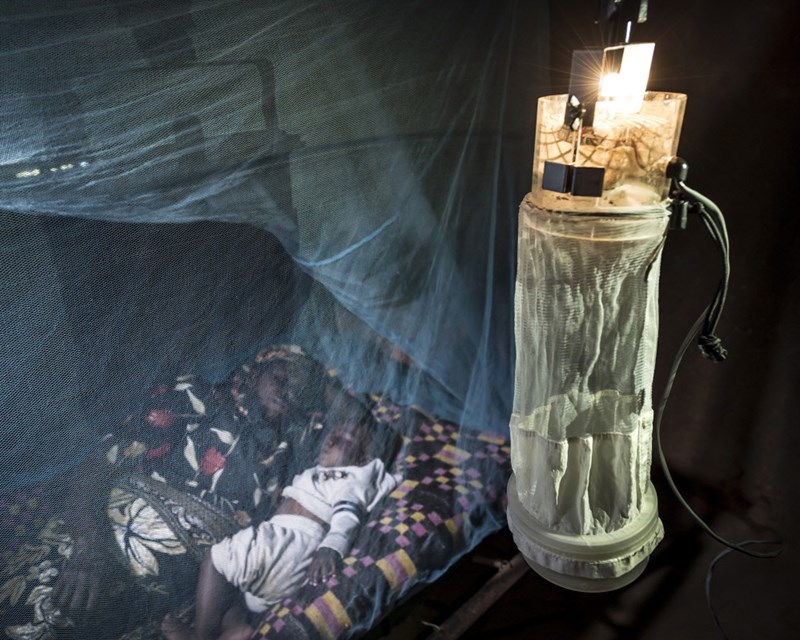A new UAE-based health institute is seeking to globalise expertise on disease elimination strategies in order to end the suffering and stigma associated with debilitating conditions such as river blindness and lymphatic filariasis.
The Global Institute for Disease Elimination (GLIDE) which is funded by Sheikh Mohamed bin Zayed Al Nahyan and the Bill & Melinda Gates Foundation, is the latest commitment by the Crown Prince of Abu Dhabi to eliminate polio, malaria and neglected tropical diseases (NTDs), which affect over 1.7 billion people worldwide
Among them is lymphatic filariasis, also known as elephantiasis, which causes painful and visible disfigurations, including enlarged limbs, and can lead to permanent disability. River blindness, or onchocerciasis, is an eye and skin disease caused by a parasitic worm and transmitted through bites from infected blackflies.
The conditions disable, disfigure and sometimes kill, keeping children out of school, adults out of work and trapping communities in poverty.
In 2017, in conjunction with the Bill and Melinda Gates Foundation, the Crown Prince announced the formation of a groundbreaking $100m initiative to target NTDs in seven countries over 10 years.
The multi-donor Reaching the Last Mile Fund (RLMF) is administered by the END Fund, a US-based nonprofit. The fund provides money for local governments and the World Health Organisation (WHO) and, in partnership with pharmaceutical firms, is working to eliminate river blindness and lymphatic filariasis in Mali, Senegal, Niger, Chad, Sudan, Ethiopia, and Yemen.
Although there will be some cross-over between the focus of GLIDE and that of the RLMF, they are distinct projects and GLIDE has its own start-up funding pot of $20m and its own strategies.







